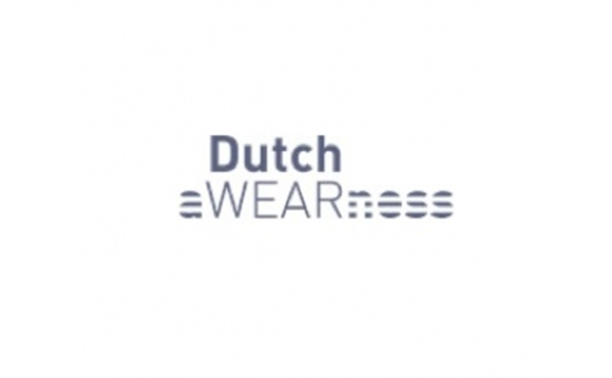
From here to Returnity: Clothing project to explore the circular economy
by Tim Willmott : Comments Off on From here to Returnity: Clothing project to explore the circular economy
The garment sector is becoming seriously interested in the recycling of textile fibres to make new clothing. A denim-recycling process was developed as long ago as the mid-1990s by Armani. More recently, the collection of old clothing as a raw material for new products has become highly organised – Switzerland’s I:CO (I:Collect AG), for example, has 3,000 employees and processes about 500 tonnes of used items daily, recycling some of the material into collections such as PUMA’s recyclable/biodegradeable InCycle range.
Returnity
A new project supported by the European Commission’s Eco Innovation Programme is now planning to build on these developments. It will explore the market opportunities for a 100% recyclable polyester fabric, known as Returnity , which has been developed by Nijmegen-based sustainable textiles company Dutch aWEARness . The project, EcoProFabrics , will use Returnity in a range of workwear, and demonstrate a fully circular supply and production chain. The project will also analyse the broader market potential for such fabrics.
The demonstration activities will involve the launching of a series of Cradle to Cradle workwear collections and the production of about 30,000 garments by 2017. EcoProFabrics’s official launch took place during Amsterdam Fashion Week in the Netherlands in January. At the launch, Dutch aWEARness’s founder Rien Otto said that “EcoProFabrics will show that the old linear model in textiles, where garments are thrown away after use, can be replaced by a circular economic model, where used textiles are shredded into loose fibres then converted into new textiles without any loss in quality.”
Energy, water and CO2 savings, lower demand for raw materials, zero waste
According to Dutch aWEARness’s calculations, compared to standard non-recycled textiles, Returnity can offer energy, water and carbon dioxide savings of 64%, 95% and 73% respectively. It cuts raw materials demand by 61% and, because it is fully recyclable, waste is eliminated entirely. The fabric should also compete on price with standard fabrics, and might even become cheaper if production volumes increase, because the cost of waste recovery will be outweighed by savings in raw material costs.
EcoProFabrics will also build on previous EU-backed Eco Innovation Programme projects, such as Textiles4Textiles, which between 2009 and 2012 worked on automatic sorting machinery for collected waste textiles. The sorting algorithms developed in the Textiles4Textiles project will become the standard in textile sorting in the years to come. It will also guarantee buyers of sorted textiles a constant quality in terms of composition of fabric egardless at what sorting plant they buy and when they buy.
EcoProFabrics project
Duration: 2014 to 2017
Partners: Backhausen, Bukk Fashion Support, EcoChain, Dutch aWEARness, Royal HaskoningDHV and Van Schoot Pompcentrum
Budget: €1,730,000 (€865,000 EU contribution)
Dutch aWEARness
Lage Markt 65
6511 VK Nijmegen
Nederland
Telephone: +31 (0)24 – 675 9200
E-mail: info@dutchawearness.com








Comments are closed